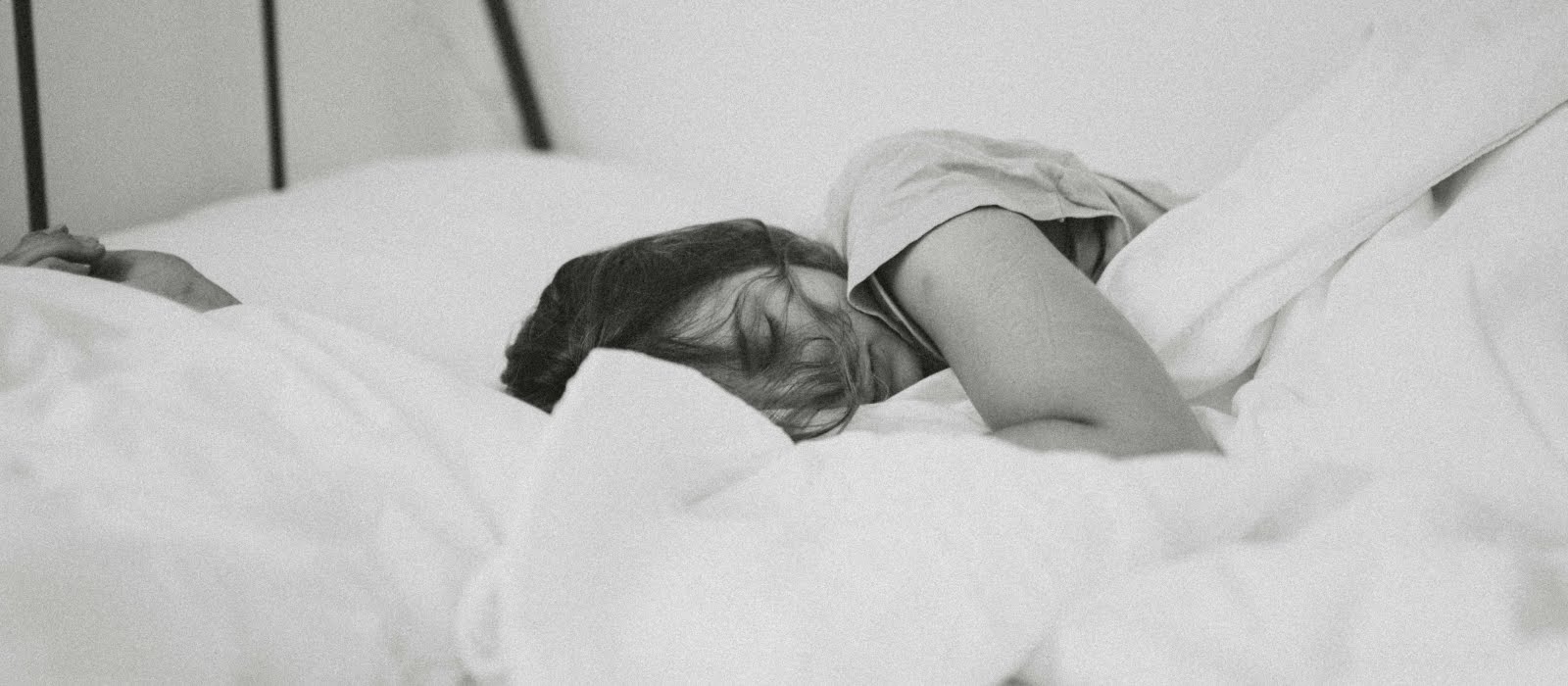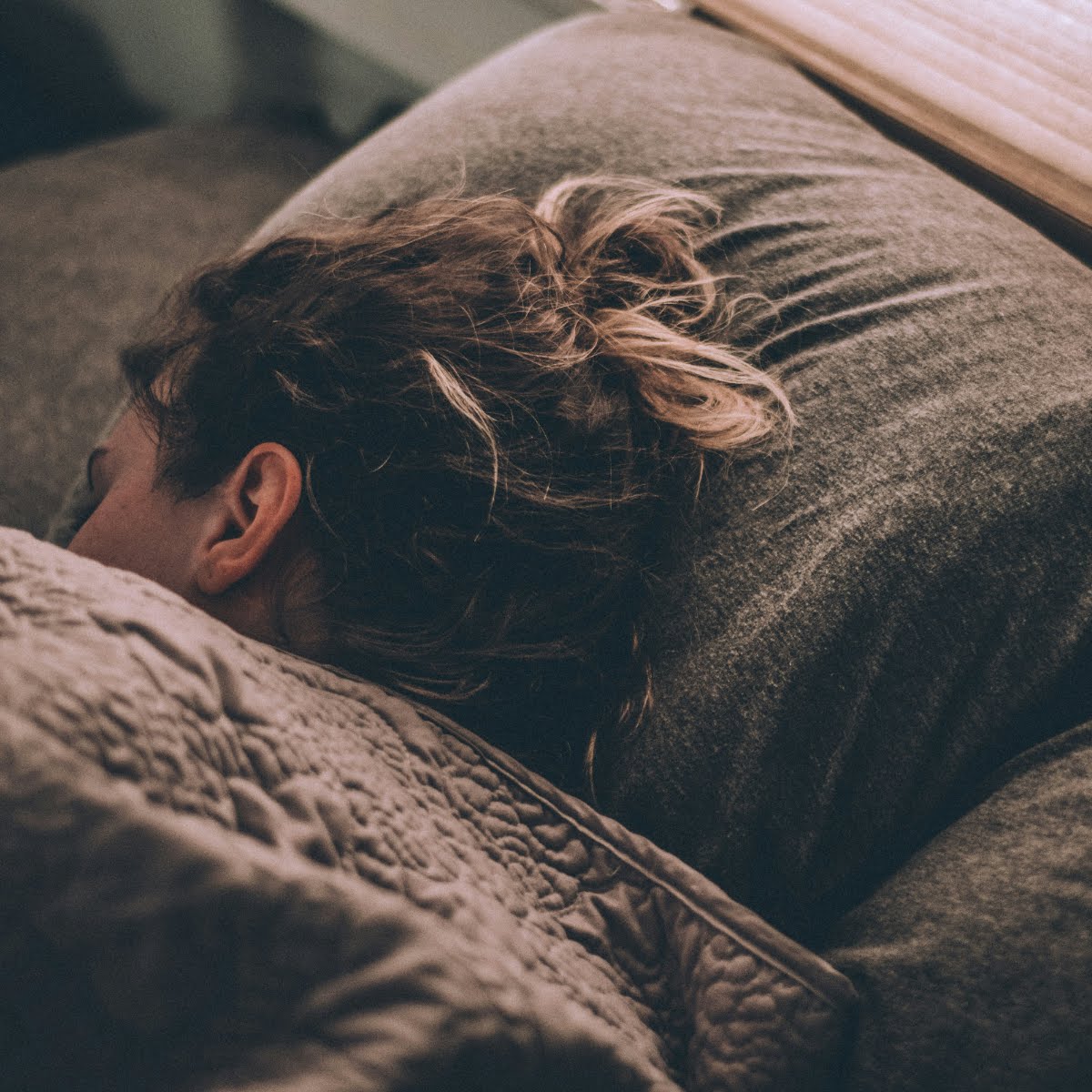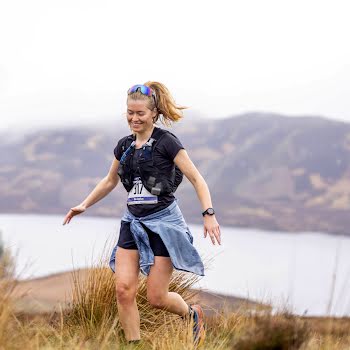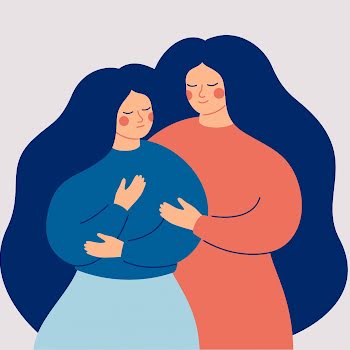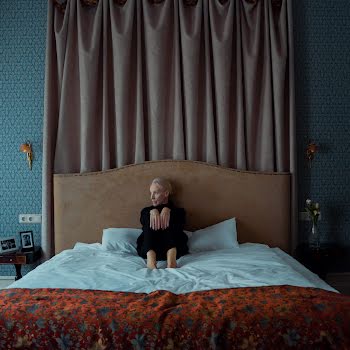
Did you know that our hormone health affects our sleep cycle?


According to sleep expert Tom Coleman, rest is the ultimate act of self care. So, when hormones fluctuate and we enter into perimenopause and menopause, auxiliary measures must be taken.
Over the course of our menstrual cycle, our oestrogen and progesterone levels fluctuate, which has a knock-on effect on many aspects of our lives. As well as difficulties with emotional regulation, there is a direct link between our hormone health and our quality of sleep.
This is only exacerbated when we enter into perimenopause and menopause, with out-of-whack heat regulators causing hot flashes while we sleep and increased anxiety levels disrupting downtime. However, according to sleep expert Tom Coleman, there are preemptive steps we can take to guarantee a good night’s sleep, and help us feel a renewed sense of vitality.
Here, Tom Coleman shares some sleep-related wisdom…
As women, how do our hormones affect our sleep cycles?
At the beginning of the menstrual cycle, when oestrogen and progesterone are low, many women find it difficult to sleep. During that phase, women spend less time in REM sleep, which is the phase of sleep where emotional regulation happens. That then changes, and usually, much better sleep occurs once hormone levels increase. There are lots of other fluctuations in hormones that profoundly impact sleep.
How does this change as we enter into perimenopause and menopause?
Over 80% of women experience sleep difficulty when they enter perimenopause, and this is due to hormonal fluctuations. Production of oestrogen and progesterone—the sex hormones—starts to drop off or even plummet. This has a profound impact on sleep. There are many reasons for this. For example, progesterone is the feel-good hormone responsible for relaxation, and as this drops off, it’s more difficult to unwind and relax.
What are some common symptoms women experience during this stage that affect sleep?
Many women experience what are known as “vasomotor” symptoms that impact temperature regulation. They experience night sweats, hot flashes, cold chills and general sleep disruption. There is also an increase in snoring due to fat deposits in the neck area increasing. Anxiety levels also creep up, which severely impacts sleep. The road narrows, but the good news is that there are things you can do to counteract these symptoms.
Have you seen this with any of your clients? How did you help them overcome their issues?
Many of my clients over the years have been in the throes of menopause. The first thing to know is that your sleep can be improved. We focus on the physical environment of course, but also the cognitive side of things; how we view sleep and the internal narrative is massively important. I have had great success with clients as I take on the job of improving their sleep and they can let it go! Straight away the sleep tends to improve when they feel the mental load lift.
What tips do you have for women experiencing sleep issues during perimenopause and menopause?
Preparation is key. So, think of this as a two to three-month project rather than just last night and tonight. Zoom out and focus on the process. Develop a nice wind-down routine and get more physically active, as this increases sleep pressure. Turn your bedroom into a sensory sanctuary, and use natural fibres like cotton and wool. Keep your room well ventilated and bring a cold bottle of water along with a damp face cloth to bed in case you wake up with hot flashes. Use this on your face and hands as it’s the fastest way to cool the core.
How can they tailor their nutritional choices to help support a good night’s sleep?
Increasing the number of “phytoestrogens” or plant oestrogens has been shown to reduce those vasomotor symptoms. I would also look at foods high in omega-3 fatty acids like nuts, seeds and fish. Varied nutrient foods rich in antioxidants will also help.
Any supplements you’d recommend?
I would be a fan of L-Theanine. It’s an amino acid and can be found in your health food store. There are no side effects, and it has been shown to improve sleep quality and reduce wake episodes. I would also consider Apigenin, which is a floral plant compound. Magnesium bi-glycinate and a vitamin D supplement can also be useful.
Why is getting a good night’s sleep especially important during this life stage?
There are so many changes that happen during this stage of life, and sleep is the ultimate act of self-care, repair and restoration both physically and mentally. If you want to feel better physically and mentally, there is nothing more powerful than sleep. Make sure you are aligning your daily habits, choices and activities to work with your body to improve sleep, and you will feel that vitality returning again.
The IMAGE Wellness Project is powered by Meaghers Pharmacy and in association with Activia, its4women, Irish Life Health and KIND. Visit our Wellness Hub to follow weekly updates including interviews, videos and podcast episodes with our leading wellbeing experts.











